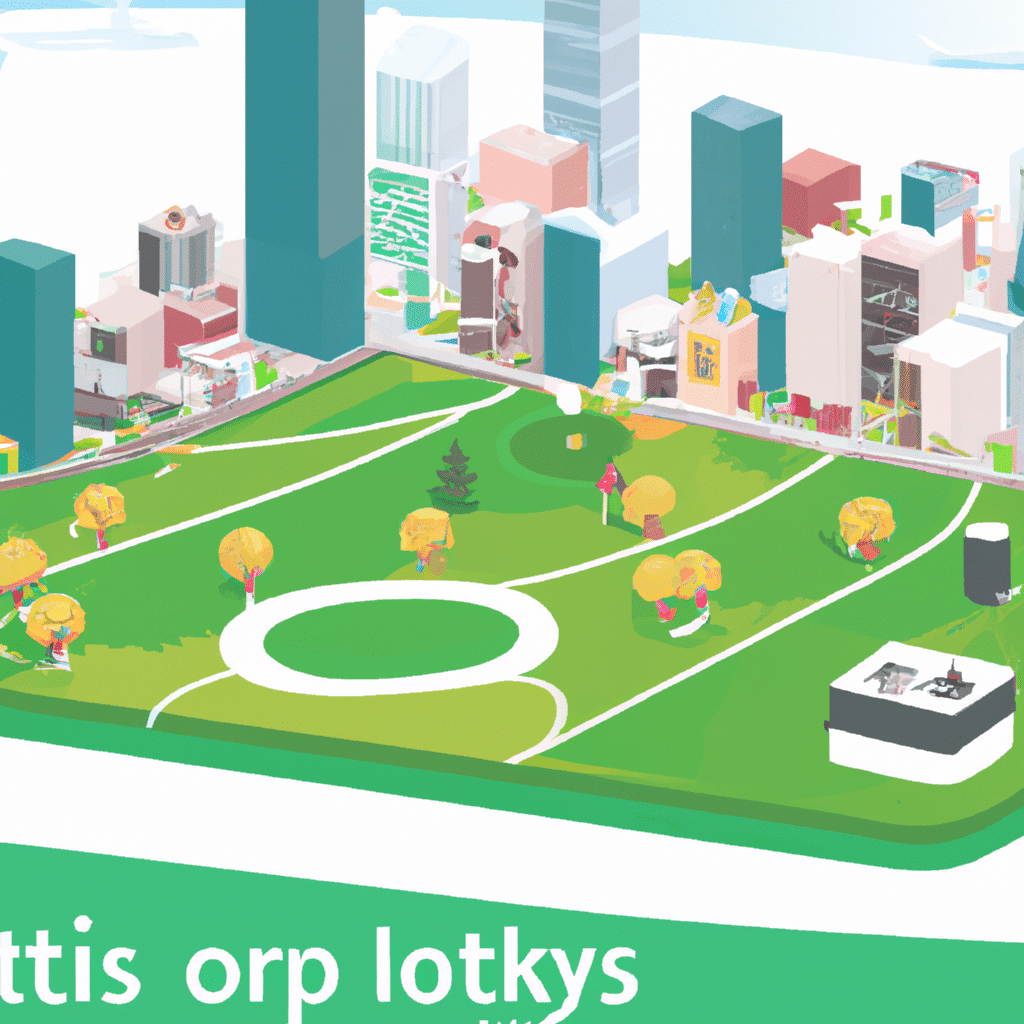IoT and Sustainable Urban Development: The Future of Smart Cities
As the world rapidly urbanizes, cities are facing unprecedented challenges in terms of sustainability, efficiency, and livability. In response to these challenges, the concept of smart cities has emerged as a promising solution that leverages the power of technology to create more sustainable, efficient, and livable urban environments. At the heart of the smart city concept is the Internet of Things (IoT), which is transforming the way we live and work in cities. In this article, we explore the role of IoT in sustainable urban development and its potential to shape the future of smart cities.

What is IoT?
IoT refers to the network of physical devices, vehicles, and other objects that are embedded with sensors, software, and connectivity, enabling them to collect and exchange data. These devices can range from simple sensors that monitor temperature and humidity to complex systems that control traffic lights, manage waste, and optimize energy consumption. The data collected by these devices can be analyzed and used to improve the efficiency and sustainability of urban systems and services.
IoT and Sustainable Urban Development
Sustainable urban development is the process of creating cities that are socially, economically, and environmentally sustainable. This involves integrating economic development, social inclusion, and environmental protection into urban planning and management. IoT can play a key role in achieving sustainable urban development by providing real-time data on various aspects of urban life, such as energy consumption, air quality, traffic flow, and waste management. This data can be used to optimize urban systems and services, reduce resource consumption and waste, and improve the quality of life for residents.
Smart Cities and IoT
Smart cities use IoT and other technologies to create more efficient, sustainable, and livable urban environments. These cities leverage data and technology to optimize various urban systems and services, such as energy, transportation, waste management, and public safety. For example, smart traffic management systems can use real-time data to optimize traffic flow and reduce congestion, while smart waste management systems can use sensors to monitor waste levels and optimize collection routes. These systems not only improve efficiency and sustainability but also enhance the quality of life for residents by reducing pollution, noise, and other negative impacts of urbanization.
Challenges and Opportunities
Despite the potential benefits of IoT in sustainable urban development, there are also several challenges that must be addressed. One of the main challenges is data privacy and security, as the collection and use of personal data by IoT devices can raise concerns about privacy and security. Another challenge is the digital divide, as not all residents may have access to the technology and data that are necessary to fully benefit from smart city initiatives. Moreover, the adoption of IoT and other technologies in urban environments requires significant investments in infrastructure and human capital.
However, the opportunities of IoT in sustainable urban development far outweigh the challenges. By leveraging the power of technology, cities can create more efficient, sustainable, and livable urban environments. IoT can enable cities to optimize resource consumption, reduce waste, and improve the quality of life for residents. Moreover, IoT can also create new economic and social opportunities, such as the development of new business models, the creation of new jobs, and the promotion of social inclusion and participation.
Conclusion
In conclusion, IoT is a game-changer in sustainable urban development and the future of smart cities. By providing real-time data and insights on various aspects of urban life, IoT can enable cities to optimize their systems and services, reduce waste, and improve the quality of life for residents. While there are challenges that must be addressed, the opportunities of IoT in sustainable urban development are immense, and cities that embrace this technology will be better positioned to thrive in the future. As we look to build more sustainable, efficient, and livable cities, IoT will undoubtedly play a critical role in shaping the future of urbanization.












